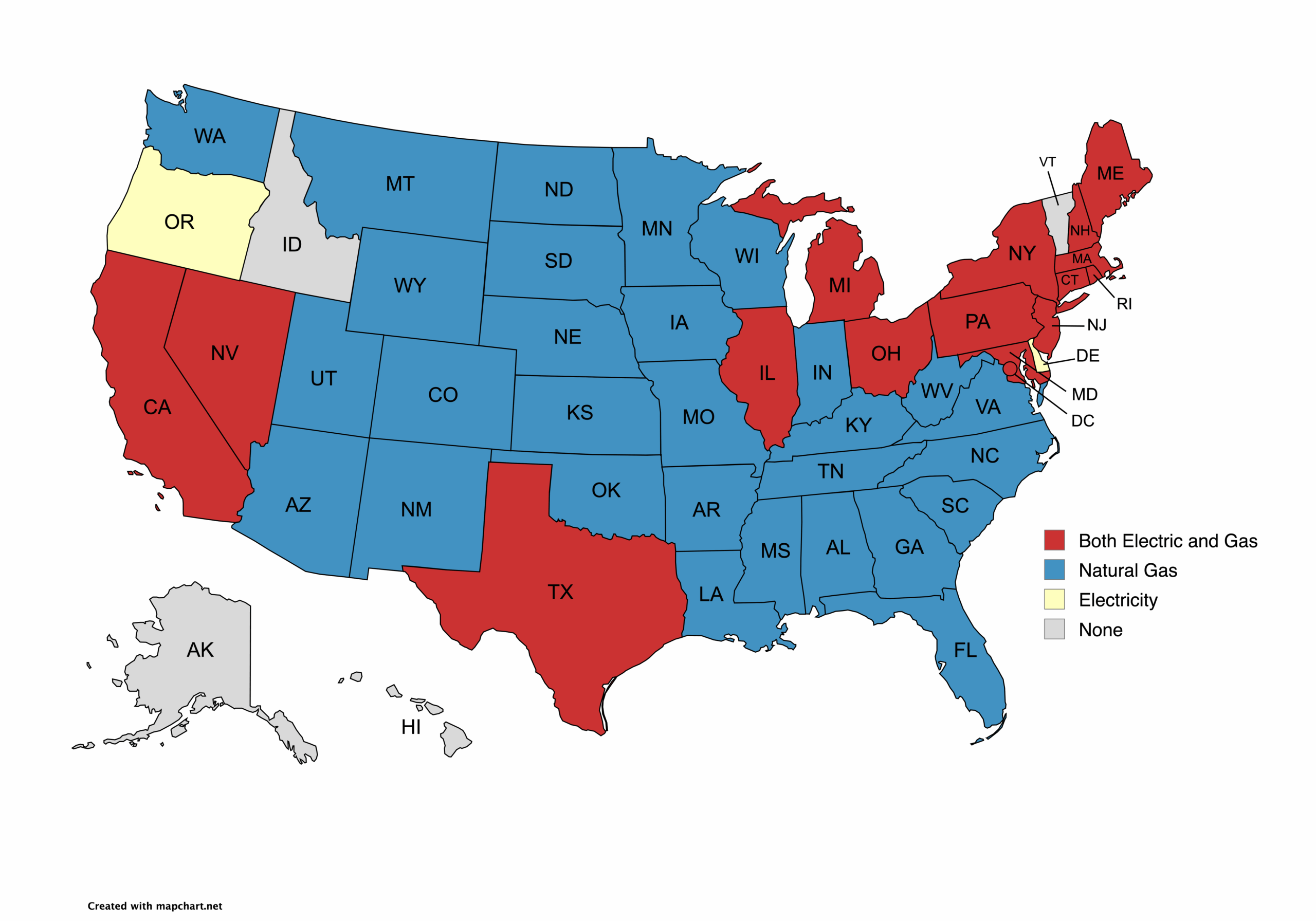Purchasing Groups Seek Lower Electric Rates
January 13, 2015

By Gerry Tuoti, Patriot Statehouse Bureau
The Barnstable Patriot
Posted January 9th, 2015
With higher electric rates taking effect this winter, some municipal and business customers are exploring bulk purchasing groups as a way to keep energy costs down.
“There’s been a significant spike in interest among municipal leaders looking for ways to mitigate sharp increases in utility rates,” said Brian Murphy, president of Marlborough-based consulting firm Colonial Power Group.
Businesses are also forming purchasing groups. In April, the state-backed MassDevelopment launched the Massachusetts Manufacturing Energy Collaborative, or MassMEC. The purchasing group, which is intended to give a boost to the state’s manufacturing sector, now has more than 100 member businesses.
Massachusetts is one of a half-dozen states that allows cities and towns to pool all their residents and businesses into buying groups to purchase electricity in bulk, often resulting in a cost savings for residential and commercial customers within the participating municipalities. That process, called municipal aggregation, began in 2004, when a group of 21 Cape Cod communities formed the Cape Light Compact.
Interest in such groups has risen in recent months.
“People are getting bills from the Nov. 1 increase from National Grid and will soon be getting bills from the Jan. 1 increase from NStar, and that will bring the matter home that rates are increasing significantly,” said John O’Rourke, regional director of marketing for the Conway-based consulting firm Good Energy. “We’ve seen an increased interest in municipal aggregation.”
Citing constrained capacity on natural gas pipelines feeding New England power plants, National Grid and NStar announced late last year that they were raising rates an average of 37 percent and 29 percent, respectively.
Across the state, there are 19 approved municipal aggregations encompassing 39 communities. An additional 35 cities and towns are awaiting approval of their proposed municipal aggregation plans from the Department of Public Utilities.
“Everyone is aware of the benefits of group-buying of through shopping at places like BJ’s and Costco,” O’Rourke said.
Most aggregations encompass a single town, but Murphy expects that to change in the future.
“I do see a trend toward regionalization eventually, but now, because of the way the laws and regulations are written, it’s easier to get approved as an individual community,” Murphy said.
Massachusetts has had a deregulated energy market since 1997. Utility providers in the state – companies such as National Grid, NStar and Unitil – are responsible for delivering electricity to customers, but no longer generate it themselves. They instead solicit bids from more than 30 licensed wholesale electricity suppliers, then deliver that power to their customers.
While most customers opt for that basic rate service, anyone is free to shop around for a direct contract with an electric supplier.
The businesses that have joined the MassMEC purchasing group expect to get comparatively low rates on their utilities.
“We combine manufacturers across the state into one pool and go out to bid on electricity and natural gas on their behalf,” said Shaun Pandit, president of Milton-based Early bird Power and manager of MassMEC. “Because we’re buying in bulk, we’ve found it to be 7 percent lower on average than if everyone all goes out on their own.”
Savings for individual member businesses may be higher, sometimes reaching tens of thousands of dollars, Pandit said.
“The good thing about our group is our terms and conditions are vetted with the state,” he said.
It is free for a business to join MassMEC, and there is no obligation to enter a contract, he said.
For residents and businesses living in a community that participates in municipal aggregation, there is also no obligation.
“The way the law is written, when an aggregation is authorized by the governing body of a town, all residents and businesses are enrolled in the aggregation. However, they can opt out if they choose and stay on the basic rate or go with an alternate supplier,” O’Rourke said. “You have total choice here.”
